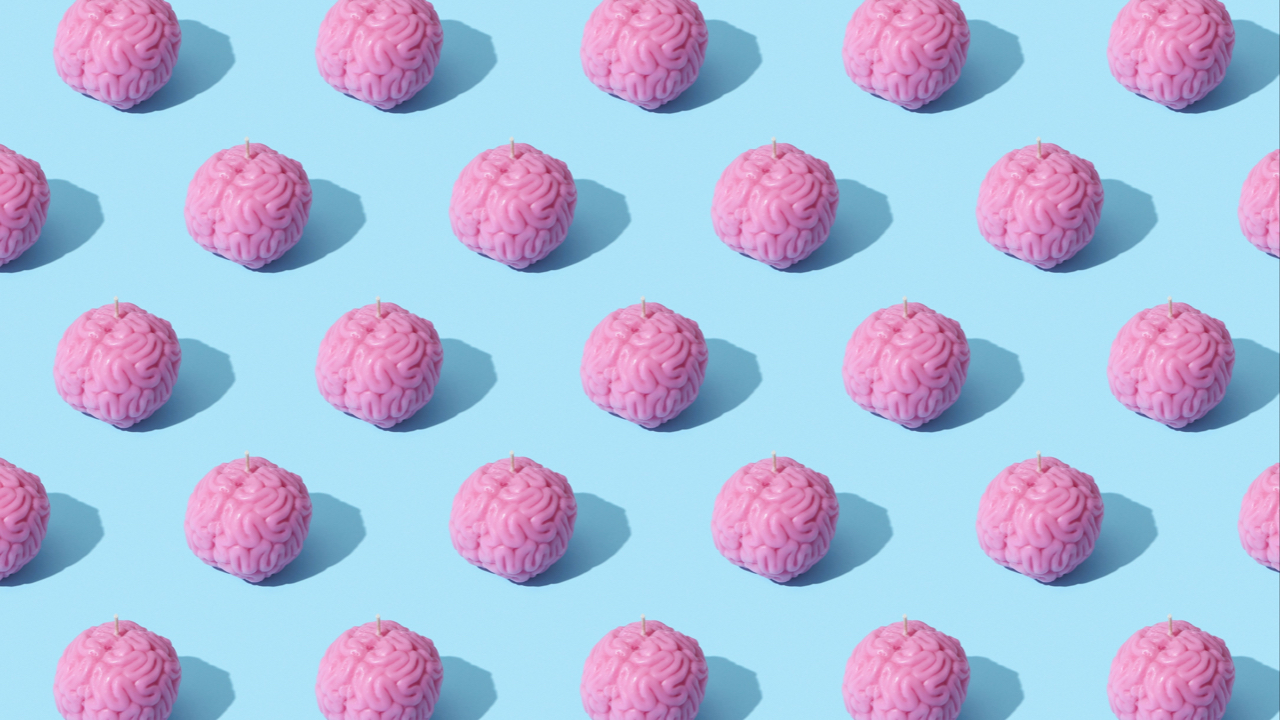
Understanding Addiction and its Impact on the Brain
Oct 20, 2023From substances like drugs and alcohol to behavioral addictions like gambling, gaming, and internet use, the brain's role in addiction is crucial. One key aspect of addiction is the brain's reliance on instant gratification and the release of the neurotransmitter dopamine.
The Dopamine Connection: Dopamine, often referred to as the "feel-good" neurotransmitter, plays a central role in the brain's reward system. When we engage in pleasurable activities, our brain releases dopamine, reinforcing the behavior. In the case of addiction, substances or behaviours trigger a surge of dopamine, creating a powerful and rewarding experience. Although this is only temporary, thus it is not a sustainable nor healthy way to "feel good".
The Brain's Reward Circuit: The brain's reward circuit includes the ventral tegmental area (VTA), nucleus accumbens, and prefrontal cortex. When a pleasurable experience occurs, the VTA releases dopamine, which then travels to the nucleus accumbens, creating a feeling of reward. The prefrontal cortex helps in decision-making, weighing the pros and cons of an action. Therefore, through repeated behaviours, the brain starts to associate and create neural pathways between the addictive behaviour or substance and a brain chemical reward. the stronger this neural pathway becomes, the more reinforced it is. Hence, recovery requires lots of unlearning and re-learning.
Ways to Manage Addiction:
-
Seeking Professional Help: For those struggling with addiction, seeking professional assistance is often the most effective approach. Therapists and addiction clinics like The TARA Clinic offer tailored treatment plans to address the underlying concerns while providing strategies to regain control.
-
Support Groups: Many individuals find encouragement through addiction support groups. Sharing experiences and coping strategies with others who have faced similar challenges can be empowering.
-
Medication-Assisted Treatment: In some cases, medication may be prescribed to reduce cravings and withdrawal symptoms, making it easier for individuals to focus on recovery. If you feel this would be helpful, be sure to speak to your doctor to discuss about this option.
The TARA Clinic: Your Path to Recovery: The TARA Clinic specialises in supporting busy and successful people to regain control over substance use and addiction while leaving the guilt and shame behind. With a team of experienced professionals and personalised treatment plans, you know you will be supported in your recovery journey.
Remember, addiction's impact on the brain is a complex challenge, but recovery is possible. If you or someone you know is struggling with addiction, don't hesitate to reach out to The TARA Clinic for assistance.

